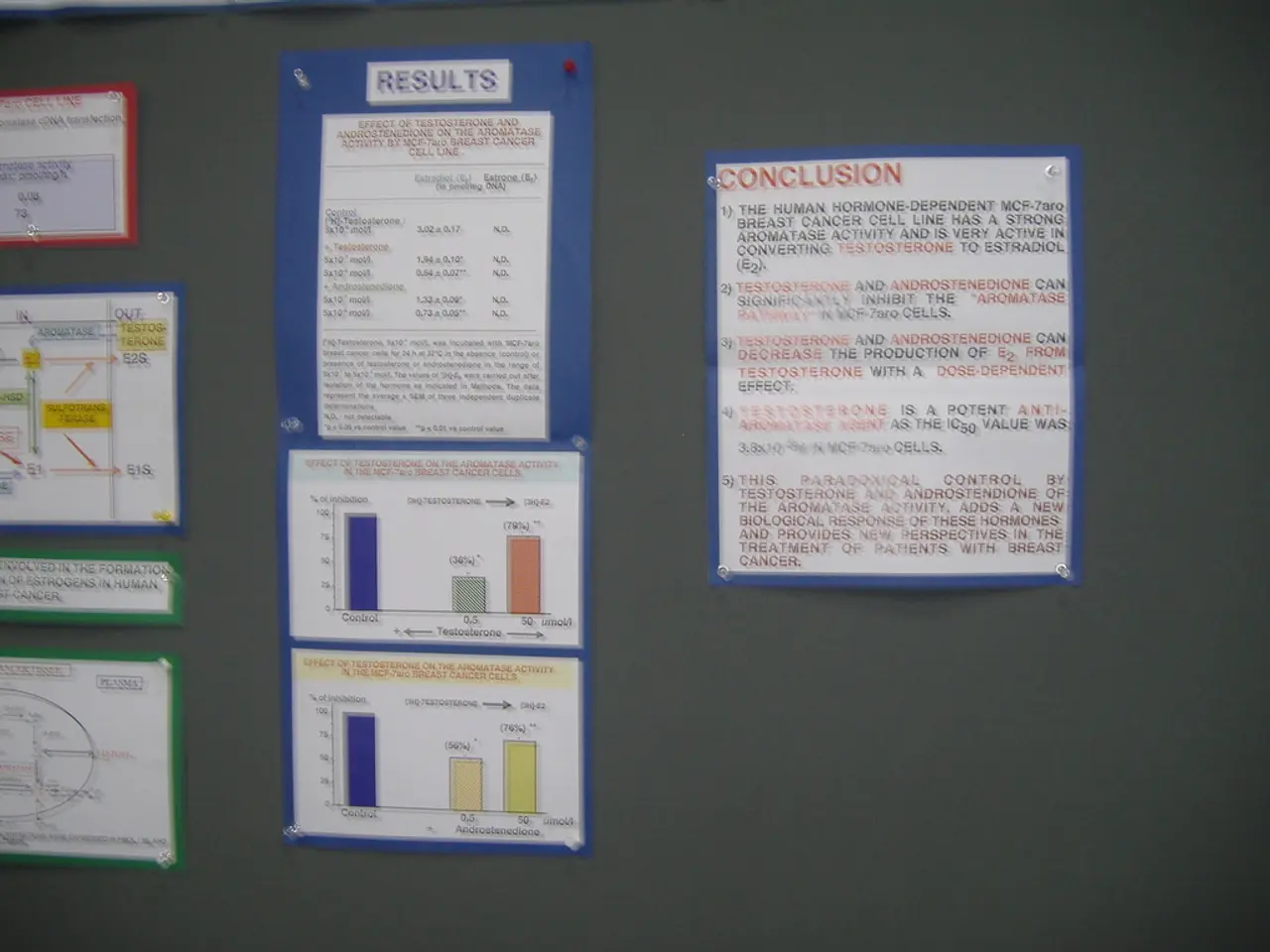Financial advisors associated with Klingbeil voice concerns over potential relaxation of the debt limitation mechanism
In a statement released on Friday, the scientific advisory board at Germany's Ministry of Finance expressed concerns about the potential easing of the debt brake. The advisory board, which includes members such as Ifo President Clemens Fuest and finance professor Thiess Büttner, believes that an effective limitation of new debt is crucial.
The concern arises due to the recent approval of billions in loans and the projected fiscal gap of €172 billion by 2029. The current proposals to reform Germany's debt brake aim to address this gap, driven by tax cuts, pension increases, higher debt servicing costs, and sluggish economic growth.
The government has approved a draft 2026 budget with record investments, including doubling defense spending and infrastructure modernization. However, the core budget remains constrained by the constitutional debt brake. Broader political consensus on easing the debt brake is expected in 2026 if spending cuts and other measures do not close the budget gap.
The coalition partners' views differ. The SPD, represented by Finance Minister and Vice-Chancellor Lars Klingbeil, emphasizes growth, fairness, and investments for the future. They propose significant public investments financed partly through special off-budget funds, which critics argue bypass the debt brake rules.
On the other hand, the Union, led by Chancellor Friedrich Merz, is more focused on fiscal discipline with calls for necessary spending cuts. Despite having relaxed some borrowing limits for defense and infrastructure, Merz insists on sticking largely to the debt brake’s constraints on the core budget.
In essence, the SPD leans toward investment and careful fiscal consolidation, aiming for growth and social fairness, while the Union prioritizes fiscal restraint and spending cuts to maintain debt discipline within constitutional limits.
The advisory board suggests using the planned discussion on reforming the debt brake to improve its effectiveness. They fear that not enforcing the debt brake could potentially lead to violating EU guidelines, accumulating high debt, and threatening the stability of the Euro. The federal government has established a commission to develop proposals for reforming the debt brake by the end of the year.
The potential consequences of not enforcing the debt brake are significant, as the accumulation of disproportionately high debt could potentially threaten the stability of the Euro. As discussions continue about adjusting fiscal rules within the EU, Germany is expected to continue aiming to keep debt ratios below 90% of GDP in the medium term.
The advisory board within the Ministry of Finance, comprising figures like Ifo President Clemens Fuest and finance professor Thiess Büttner, underlines the necessity of maintaining an effective limitation on new debt, given the looming fiscal gap of €172 billion by 2029, due to factors such as tax cuts, pension increases, higher debt servicing costs, and slow economic growth. In the face of the ongoing debate about reforming Germany's debt brake, the advisory board advocates for improvements in its effectiveness to prevent potential violations of EU guidelines, the accumulation of high debt, and threats to the stability of the Euro, key aspects of European business and finance.




